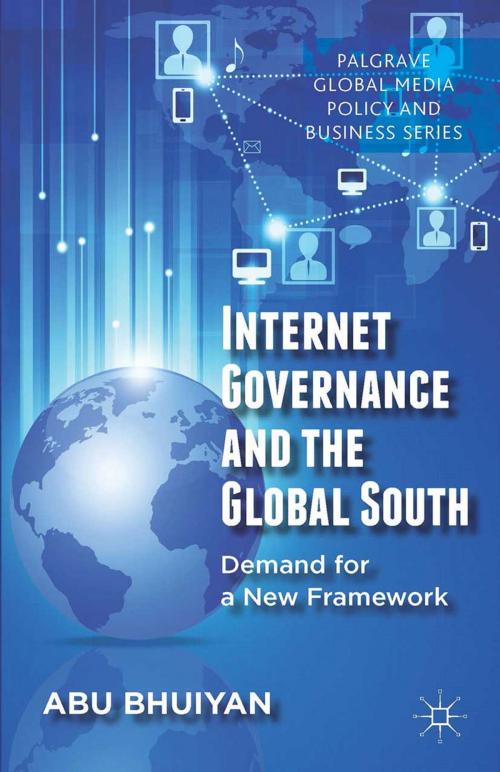Internet Governance and the Global South
Demand for a New Framework
Nonfiction, Social & Cultural Studies, Social Science, Sociology, Marriage & Family, Political Science, Government, Public Policy| Author: | A. Bhuiyan | ISBN: | 9781137344342 |
| Publisher: | Palgrave Macmillan UK | Publication: | May 29, 2014 |
| Imprint: | Palgrave Macmillan | Language: | English |
| Author: | A. Bhuiyan |
| ISBN: | 9781137344342 |
| Publisher: | Palgrave Macmillan UK |
| Publication: | May 29, 2014 |
| Imprint: | Palgrave Macmillan |
| Language: | English |
A welcome addition to Palgrave's Global Media Policy and Business series, Internet Governance and the Global South documents the role of the global south in Internet policymaking and challenges the globalization theories that declared the death of the state in global decision-making. Abu Bhuiyan argues that the global Internet politics is primarily a conflict between the states - the United States of America and the states of the global south - because the former controls Internet policymaking. The states of the global south have been both oppositional and acquiescing to the sponsored policies of the United States on Internet issues such as digital divide, multilingualism, intellectual property rights and cyber security. They do not oppose the neoliberal underpinnings of the policies promoted by the United States, but ask for an international framework to govern the Internet so that they can work as equal partners in setting norms for the global Internet.
A welcome addition to Palgrave's Global Media Policy and Business series, Internet Governance and the Global South documents the role of the global south in Internet policymaking and challenges the globalization theories that declared the death of the state in global decision-making. Abu Bhuiyan argues that the global Internet politics is primarily a conflict between the states - the United States of America and the states of the global south - because the former controls Internet policymaking. The states of the global south have been both oppositional and acquiescing to the sponsored policies of the United States on Internet issues such as digital divide, multilingualism, intellectual property rights and cyber security. They do not oppose the neoliberal underpinnings of the policies promoted by the United States, but ask for an international framework to govern the Internet so that they can work as equal partners in setting norms for the global Internet.















